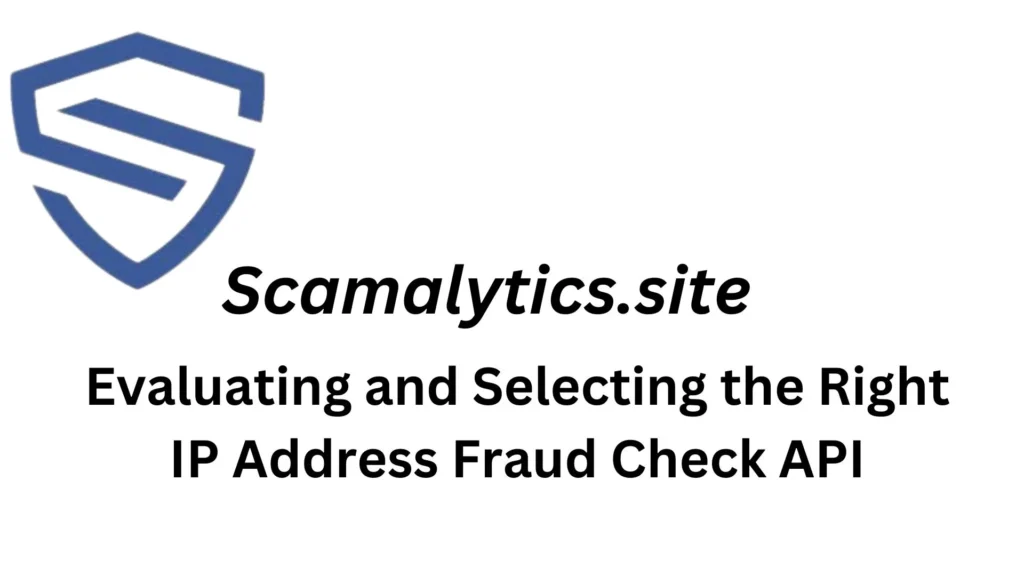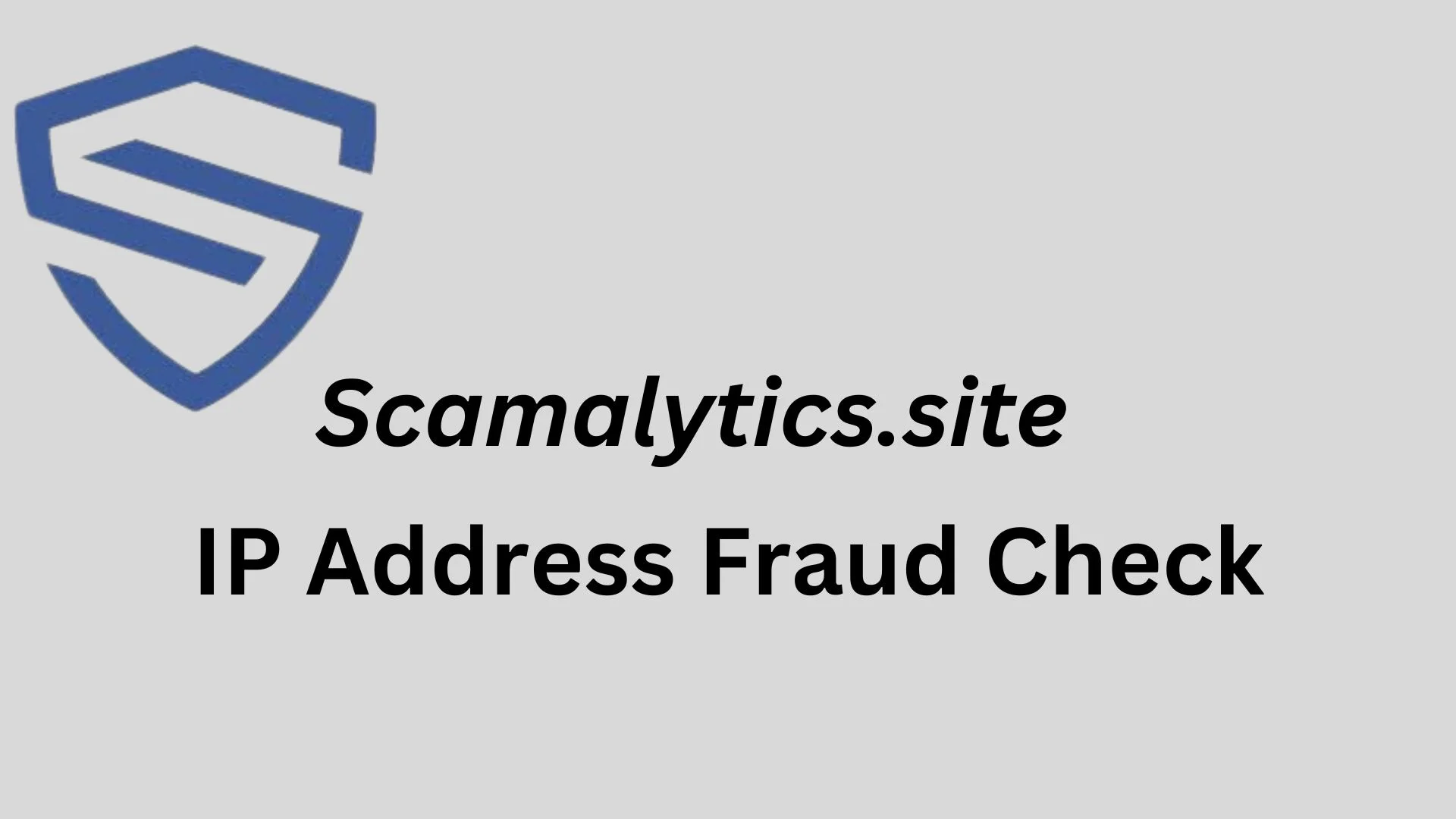Introduction
In the digital age, where online transactions and interactions have become the norm, the need for robust security measures has never been more critical. One such measure is the implementation of IP address fraud checks, which have become an essential component of many businesses’ risk management strategies. As companies strive to protect themselves and their customers from fraudulent activities, understanding the pricing models and considerations around IP address fraud check APIs is crucial.
Understanding IP Address Fraud Checks
IP address fraud checks are a critical security feature that help businesses identify and mitigate potential fraudulent activities by analyzing the IP addresses associated with various online interactions. These checks can be used to detect suspicious behavior, such as multiple login attempts from different locations, unusual transaction patterns, or the use of proxy servers or VPNs.
By analyzing the IP address information, businesses can gain valuable insights into the user’s location, device, and network characteristics, allowing them to make informed decisions about the trustworthiness of the interaction. This information can be used to enhance fraud detection, improve customer experience, and protect against financial losses.
API Pricing Models for IP Address Fraud Checks
When it comes to implementing IP address fraud checks, businesses have various pricing models to consider. Here are some of the common approaches:
1. Pay-as-you-go Pricing
In the pay-as-you-go model, businesses are charged based on the number of API calls or transactions processed. This approach is often favored by companies that have fluctuating or unpredictable volumes of IP address fraud checks, as it allows them to scale their usage without committing to a fixed monthly or annual fee.
The pricing for pay-as-you-go models can vary depending on the provider and the specific features or services included. Some providers may offer tiered pricing, where the cost per API call or transaction decreases as the overall volume increases.
2. Subscription-based Pricing
Subscription-based pricing models offer a fixed monthly or annual fee for access to the IP address fraud check API. This approach is often preferred by businesses with relatively stable or predictable volumes, as it provides a more predictable and consistent cost structure.
Subscription-based pricing plans may include a set number of API calls or transactions, with the option to purchase additional units as needed. Some providers may also offer different subscription tiers, allowing businesses to choose the plan that best fits their needs and budget.
3. Enterprise Pricing
For larger businesses or organizations with significant IP address fraud check requirements, enterprise-level pricing models may be available. These customized pricing structures often involve a more tailored approach, taking into account factors such as:
- Expected transaction volume
- Specific feature requirements
- Dedicated support and service-level agreements (SLAs)
- Integrations with existing systems or platforms
- Long-term contractual commitments
Enterprise pricing models are typically negotiated directly with the API provider and can offer more flexibility and customization compared to the standard pay-as-you-go or subscription-based plans.
Factors Influencing IP Address Fraud Check API Pricing
When evaluating the pricing of IP address fraud check APIs, businesses should consider the following factors:
1. Data Sources and Coverage
The quality and breadth of the data sources used by the API provider can significantly impact the pricing. APIs that leverage a more comprehensive and up-to-date database of IP addresses, geolocation data, and other relevant information may command higher prices.
2. API Capabilities and Features
The range of features and functionalities offered by the IP address fraud check API can also influence the pricing. Advanced capabilities, such as real-time analysis, risk scoring, and integration with other security tools, may come at a premium.
3. Performance and Reliability
The speed, responsiveness, and reliability of the API are crucial factors that can affect the pricing. Providers that offer robust service-level agreements, low latency, and high uptime may charge more for their services.
4. Customer Support and Documentation
The level of customer support and the quality of the documentation provided by the API vendor can also impact the pricing. Businesses that require dedicated support, custom integrations, or extensive onboarding may be charged higher rates.
5. Volume and Scalability
The pricing of IP address fraud check APIs may also be influenced by the expected volume of transactions or the ability to scale the service up or down as needed. Providers may offer volume-based discounts or tiered pricing to accommodate businesses with varying usage requirements.
6. Industry and Compliance Considerations
Certain industries, such as finance, healthcare, or e-commerce, may have more stringent regulatory requirements or risk profiles, leading to higher pricing for IP address fraud check APIs tailored to these specific needs.
Evaluating and Selecting the Right IP Address Fraud Check API

When choosing an IP address fraud check API, businesses should consider the following steps:
- Define Your Requirements: Clearly identify the specific needs and use cases for the IP address fraud check, including the desired features, performance, and integration requirements.
- Research and Compare Providers: Explore the market and compare different API providers, considering their data sources, capabilities, pricing models, and customer reviews.
- Assess Pricing and Cost Structures: Carefully evaluate the pricing models, including pay-as-you-go, subscription-based, and enterprise options, to determine the most cost-effective solution for your business.
- Evaluate Scalability and Flexibility: Ensure that the selected API can accommodate your current and future needs, with the ability to scale up or down as required.
- Consider Integration and Ease of Use: Assess the ease of integration with your existing systems and workflows, as well as the overall user-friendliness of the API.
- Prioritize Security and Compliance: Ensure that the IP address fraud check API meets your security and compliance requirements, including data privacy, encryption, and any industry-specific regulations.
- Conduct Pilot Tests and Evaluate Performance: Before committing to a long-term contract, consider conducting pilot tests to evaluate the API’s performance, accuracy, and integration with your systems.
- Maintain Ongoing Monitoring and Optimization: Regularly review the performance and cost-effectiveness of the IP address fraud check API, and be prepared to explore alternative options if your needs change or new providers emerge in the market.
Conclusion
In the ever-evolving landscape of online fraud prevention, IP address fraud check APIs have become an essential tool for businesses looking to safeguard their operations and protect their customers. By understanding the various pricing models and key factors influencing the cost of these services, businesses can make informed decisions and select the most suitable IP address fraud check API that aligns with their specific needs and budget.
By carefully evaluating the pricing structures, capabilities, and overall value proposition of different API providers, companies can strike the right balance between cost-effectiveness and security, ultimately strengthening their defenses against fraudulent activities and building trust with their customers.

